
Our Global Ambassadors provide input and insight into our projects and mode of operations and also provide outreach and contacts for WBI.
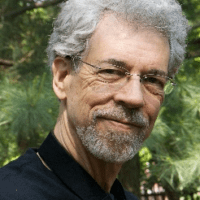
Arnold Arluke
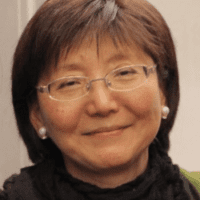
Andrea Gung
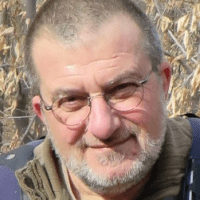
John Hadidian
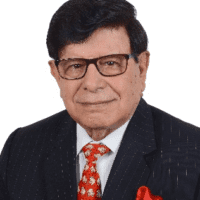
Hemanta Mishra
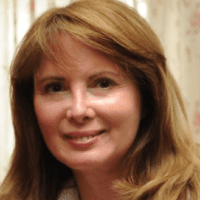
Jennifer A. Sullivan
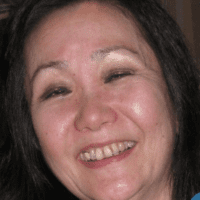
Keiko Yamazaki
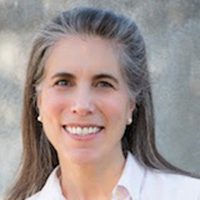
Lisa Levin
Arnold Arluke, PhD
Dr. Arnold Arluke graduated with a Ph.D. in anthropology/sociology from New York University in 1978. He then joined the faculty at Northeastern University in Boston, focusing on medical sociology. In the mid-1980s, he started looking at animal use in scientific research. Dr. Arluke produced landmark papers on the topic in the 1980s and 1990s and a book defining the field. He became a world authority on the sociology and anthropology of human-animal relations and has produced numerous books and papers covering many topics. He continues to conduct influential research in the field to this day.
Andrea Gung
Andrea Gung founded the Duo Duo Project in 2013 – an organization that champions animal welfare in China. She is currently the Executive Director. Duo started with a focus on ending the dog and cat meat trade in China and supporting the work of on-the-ground grassroots campaigns by Chinese activists. The organization has recently expanded its focus to promote a better understanding and appreciation for canine-human interactions in China, whether as pets, service animals or search and rescue dogs. The organization continues to push for the passage of the Animal Welfare Protection Law in China while sponsoring educational and community outreach to show the value and benefits of companion animals.
John Hadidian, PhD
Dr. John Hadidian received his PhD in primatology from Penn State University in 1979. He joined the Center for Urban Ecology of the National Park Service in 1984 and rapidly developed into one of the few experts in urban wildlife in the United States. In 1995 he joined the Humane Society of the United States as Director of their Urban Wildlife programs. He retired in 2016 but continues to be active in urban wildlife and wildlife protection, most recently through an adjunct position at the Center for Leadership in Global Sustainability at Virginia Tech. He has also served on the Human-Dominated Systems Directorate for the Department of State’s Man and the Biosphere Program.
Lisa Hara Levin, DVM
Lisa Hara Levin is the Alternatives Director for Coridea, LLC, a private equity investment firm that is a leading inventor in the medical device arena. There, Lisa identifies non-animal methods for discrete research areas of cardiology, renal disease, and neuroscience. Lisa has also occupied senior-level clinical and administrative positions in some of the country’s largest animal sheltering systems. Lisa is a graduate of Cornell (BS) and Tufts Universities (DVM) and completed her postdoctoral training at the Johns Hopkins University School of Medicine.
Hemanta R. Mishra, PhD
Dr. Hemanta Mishra was a prominent team member who created a network of national parks and protected areas in Nepal. He is a recipient of the prestigious J. Paul Getty Conservation Prize for his pioneering works balancing nature and wildlife conservation with human needs in the Himalayas. Dr. Mishra has worked for the Government of Nepal, at the National Trust for Nature Conservation, at the World Bank, the Asian Development Bank, and the Smithsonian Institution. He has been an Advisor (Consultant) for the Humane Society International, American Himalayan Foundation, World Wildlife Fund, and The Bridge Fund and as an adjunct professor at George Mason University (Virginia), teaching Environmental Policy in Developing Countries.
Jennifer Sullivan, JD
Jennifer A. Sullivan is currently a Special Adviser to the US-Korea Institute at the School of Advanced International Studies at Johns Hopkins University and a consultant for Japan Bank for International Cooperation, focusing primarily on projects in Myanmar and Indonesia. Before starting her consulting business, Ms. Sullivan was the General Counsel of International Finance Corporation, the private sector arm of the World Bank Group. She has served on the Board of Directors of the Humane Rescue Alliance, the Washington, DC animal organization. Ms. Sullivan is currently serving as an Ambassador for International Fund for Animal Welfare. She received her Juris Doctor degree from Harvard Law School and a B.A. from Brandeis University.
Keiko Yamazaki
Ms. Yamazaki has decades of experience in the human-animal bond and animal welfare fields. She has served on the Board of the Intl. Assoc. of Human-Animal Interaction Organizations & is Vice-Chair of the Boards of the Japanese Service Dog Resource Center and the Japanese Society for the Promotion of Hearing Dogs. She is an advisor to the Ex. Bd. of the Japanese Animal Welfare Society. She is a member of several government bodies, including the Japanese Ministry of the Environment’s Subcommittee on Animal Welfare, the Japan Center for the Validation of Alternative Methods, and the Veterinary Medical Council. She is an expert on animal welfare in Japan and has extensive contacts in North America and Western Europe.


